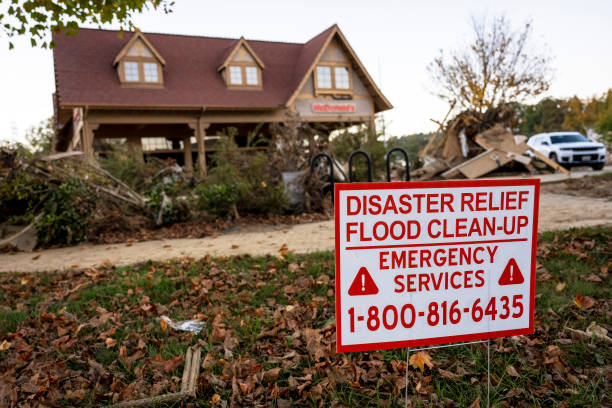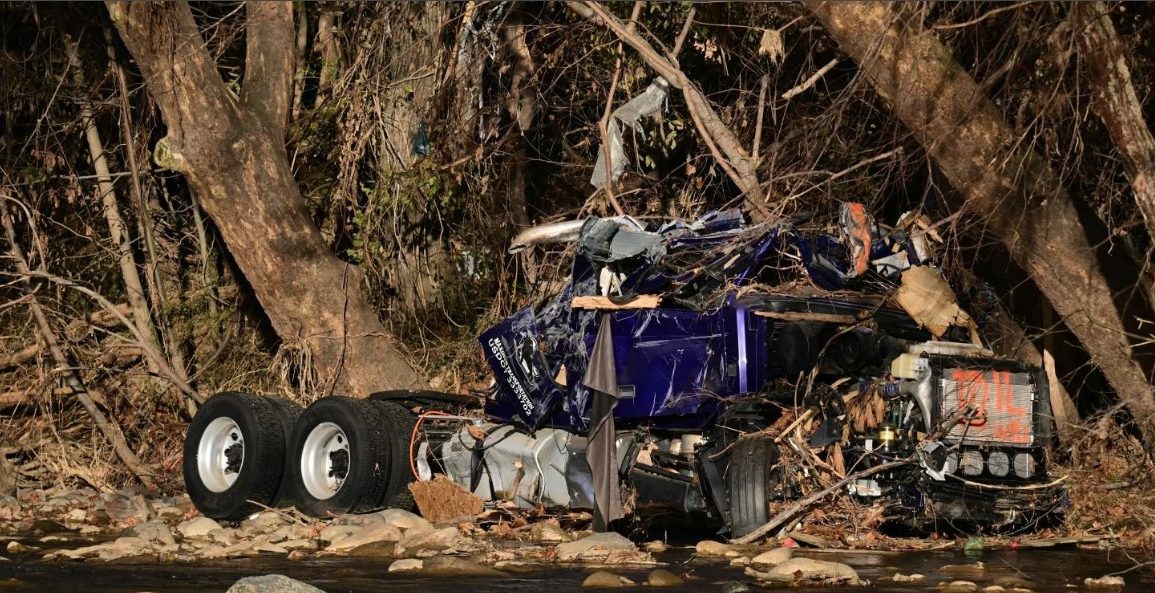Hurricane Helene has wreaked havoc across North Carolina, particularly in the western regions, where communities have suffered devastating losses, including entire towns and homes being swept away.
As recovery efforts begin, the state faces numerous challenges, notably concerning the safety of its water supply.
Experts warn that the flooding caused by Helene poses a significant risk to the well water systems that many residents rely on, increasing the potential for contamination.
Kelsey Pieper, an assistant professor at Northeastern University specializing in drinking water quality, has been working alongside the North Carolina Department of Health to assess the situation.
She highlights that wells are particularly vulnerable during flooding events, as rising water can introduce harmful bacteria like E. coli.
Initial testing is underway, but it is anticipated that many wells will show signs of contamination due to the severe flooding. “We expect to see wells inundated with surface water carrying microbial contaminants,” Pieper explains.

In previous storms, such as Hurricane Florence, similar trends were observed, where a significant increase in E. coli levels was documented.
The unique geographical features of western North Carolina also exacerbate the impact of such storms.
Unlike coastal regions that are accustomed to hurricanes and have adapted their infrastructure accordingly, the mountainous terrain of the west channels water rapidly downhill, resulting in swift and destructive flooding.
This has left many residents, who lack experience with flooding, unprepared for the severity of the disaster, complicating recovery efforts further.
Moving forward, experts stress the importance of raising awareness about water safety and sanitation among residents. Efforts to educate them on testing and cleaning well water systems are crucial to mitigating health risks.
As climate change continues to alter weather patterns, communities must rethink their strategies for dealing with extreme weather events.
Resilience in the face of such disasters may require significant changes in zoning laws, building codes, and water management practices to safeguard against future risks.

